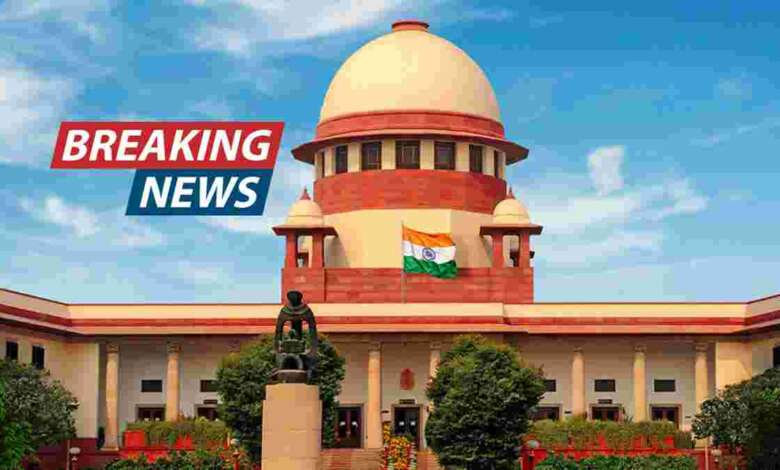New Reservation Rules: Why High Scores Won’t Guarantee a General Seat Anymore, The Supreme Court’s New Rule Explained

New Reservation Rules: In a landmark clarification on India’s reservation policy, the Supreme Court has delivered a crucial verdict that provides new direction for job aspirants nationwide. The apex court has explicitly stated that a reserved category (SC/ST/OBC) candidate cannot claim a seat in the general or unreserved category, even if they score higher than the general cut-off marks if the specific recruitment rules for that job explicitly prohibit it. This means the eligibility for migration to a general seat is now entirely conditional on the terms mentioned in the job notification.
This ruling addresses a long-standing ambiguity among candidates. Previously, it was widely assumed that securing high marks on merit would automatically allow a reserved category candidate to be placed in the general category. However, this new judgment imposes a significant condition on that assumption.
The Court’s Core Directive
The Supreme Court bench, comprising Justices Surya Kant and Joymalya Bagchi, clarified that if a candidate avails concessions such as relaxations in age limit, educational qualifications, or examination fees, and the recruitment rules specify that such beneficiaries will not be considered for general category vacancies, then that rule will be considered final.
Key aspects of this landmark ruling include:
- Primacy of Recruitment Rules: The court has made it clear that a reserved candidate’s eligibility to migrate to the general category depends entirely on the specific rules of that recruitment drive. If the rules contain no restrictive clause, meritorious candidates who score above the general cut-off can and should be appointed to unreserved seats.
- The Impact of Availing Relaxations: If a candidate applies under a reserved category and takes advantage of relaxations (e.g., age, fees), and the rules explicitly bar such candidates from consideration for unreserved posts, they will only be considered for reserved seats, regardless of their high score.
- Balancing Merit and Affirmative Action: Through this verdict, the Supreme Court aims to strike a balance between meritocracy and the constitutional principle of reservation. The goal is to ensure that the general category remains a field of open competition for all, while the benefits of reservation are correctly applied within their intended scope.
What This Means for Job Aspirants
Following this ruling, the most critical action for job seekers is to meticulously read the recruitment notification and the associated rules before applying for any government job. It is now essential to check if there are any conditions or prohibitions regarding the migration of reserved candidates to the general category. Overlooking these clauses could lead to a candidate being denied a general seat despite achieving a high score.
This judgment is expected to bring greater transparency to the public recruitment process, ensuring that all future hiring is conducted in line with this new, clear directive.

